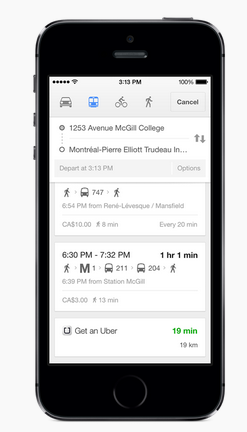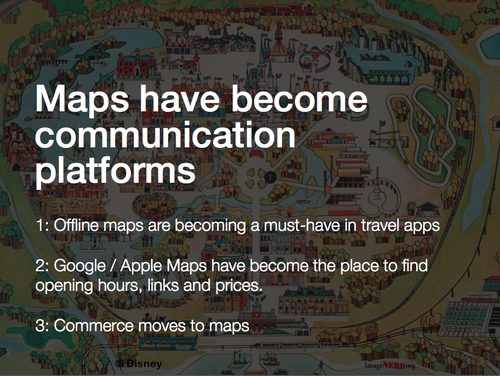Everplaces - Save and share places you love
Month

Have you ever stayed in a cool or unique hotel or do you know of any in your city? A beautiful design hotel, a romantic escape, a place with extraordinary service, a room with great views, you name it. Share the most memorable place you have stayed at and enter our competition to win a EUR160 voucher for a free stay, in any city where Hotel Tonight is present.
All you need to do is add the hotel to Everplaces and share it with us. All entries should include images and notes explaining why they were a special/unique place to stay, and you can submit as many places as you know :)
We’ll be putting together a collection with unique places to stay around the world based on the best entries of the competition.
Deadline is: Friday, June 27th.
To enter the competition, you can post the link to your hotel on our Facebook page or send the link to Ani, our Community Manager, at [email protected] before June 27th.
The winner will be announced by June 30th.
Looking forward to seeing all those beautiful places!
ADD A PLACEIn the recent Google Maps update a hard-to-spot new feature was included, which is in fact a huge step for the location-based vertical - commerce has come to maps!
The new version allows users to “Book Uber” (this is a taxi from the american taxi corp. of same name), from inside the navigations menu. This little button is a huge milestone, because it marks another shift in location-based technology.

Why does it matter?
The last 5 years has seen a silent shift in the way we find information: from traditional information to map-based information.
It all started with “nearby”, the fact that the map opens in your current location, which your guide book (if traveling) or Yellow Pages (if at home) did not. This made it easier for consumers to find nearby services, restaurants and companies if they opened Google or Apple maps, than if they used the guide books, brochures and listing services previously favored. This started getting people to search directly inside the Map apps, rather than in the mobile browsers, because they would get better results as it would take location into consideration too.
Since then, Google Maps in particular has continued to include a million small bits of information to each place, which totals to a gigantic improvement in usefulness. They’ve added opening hours, contact info, reviews, photos and descriptions of the places. Combined with the new trend that people travel less prepared this was a killer advantage compared to static form info.
And today, we’re seeing the next step for maps to step out of their supporting role, and into a lead role, because this is the first clear opportunity to start buying directly from the map interface.
We’ve been talking about this in our talks at conference about travel and mobile, and you can see more of our predictions in our knowledge center.

More about the new features rolled out here
Context beats all, especially on mobile
Context and relevance is the new frontier in marketing, as you’ve probably already heard. And mobile has an amazing advantage when it comes to contextual search, because we automatically know more about the consumer than we do when they search on web, as an example
- your exact location
- time of day
- weather where you are
This enables us to offer more contextual and relevant offers (rather than generic spammy offers). With commerce in maps, you can easily imagine that we start linking our current needs to commerce; such as sunblock for beach goers, lunch offers at mid day, m-tickets if near an attraction. Anything which you can add the words “required right now” in front of, is a perfect option for contextual, map based commerce.
It’s a brave new world. Of maps.